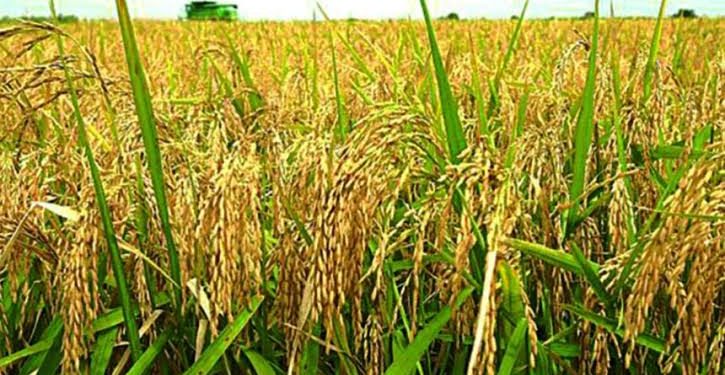The Jigawa State Government has approved N7 billion for the payment of agro-input dealers and service providers under its 2025 dry-season rice cultivation programme.
The funds are intended to fast-track the implementation of the state’s Dry Season Rice Input Voucher System, which provides farmers with timely access to subsidised inputs. The announcement was made by the Commissioner for Information, Youth, Sports, and Culture at the end of the State Executive Council meeting in Dutse on Tuesday.
According to the Commissioner, the investment highlights the state’s determination to transform agriculture by prioritising dry-season rice farming. “In a bold move to strengthen food security, empower rural farmers, and ensure a bumper harvest, the council has approved this sum, in addition to N3.26 billion already redeemed by agro-farmers from the last season, making a total of over N10.3 billion,” he said.
The state government is intensifying efforts to provide critical inputs, including improved rice seeds, fertilisers, and chemicals, to thousands of farmers. This, officials said, underscores the administration’s vision to make Jigawa a hub for rice production in Nigeria.
Alongside the funding, the council also approved N365.7 million for the construction of 4,600 tube-wells in farming communities across the state. The initiative is expected to improve access to water for irrigation, empower smallholder farmers, and raise agricultural productivity.
The 2025 Dry Season Rice Cultivation Programme, launched in April by Governor Umar Namadi in Auyo Local Government Area, aims to significantly expand the state’s rice output. Jigawa targets 3.6 million metric tonnes of rice annually, supported by over 1.2 million hectares of developed farmland for year-round cultivation.
So far, about 58,500 farmers across 27 local government areas are participating in the programme. They are receiving inputs such as improved seedlings, NPK and urea fertilisers, herbicides, pesticides, and 20,000 solar and gasoline-powered water pump machines.
The state has also structured soft loans with repayment subsidies of 30 percent, 20 percent, and 10 percent to ease farmers’ financial burden. However, authorities have issued strong warnings against the diversion or illegal sale of inputs provided under the scheme, pledging strict penalties for violators.
Observers say Jigawa’s aggressive approach to rice production could play a vital role in reducing Nigeria’s reliance on imports, stabilising food supply, and supporting the livelihoods of thousands of smallholder farmers. If successful, the programme could also serve as a model for other states seeking to leverage all-season farming to tackle food insecurity.









